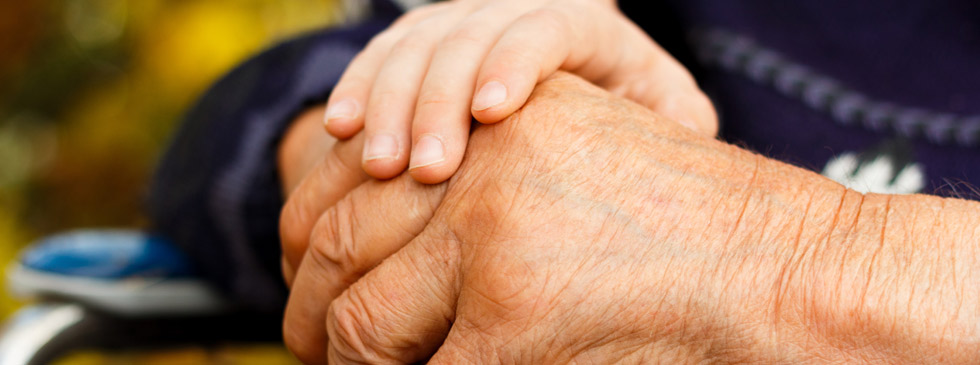Helping Families Cope – A Real Threat
The physical, emotional and financial effects of caring for a family member with Alzheimer’s disease can be serious threats to your welfare, especially as stress and pressure mount.
A 1999 study in the Journal of the American Medical Association, coauthored by Dr. Richard Schulz, Director of Gerontology at the University of Pittsburgh and a leading researcher on caregiver stress, revealed that family caregivers caring for an ailing spouse we 63 percent more likely to die sooner than those who were not caregivers.
Social losses can add to other stresses you may have as a caregiver. If you are caring for your spouse, you have lost your companion. You may also experience other social losses such as relatives and friends who drift away.
With all of your responsibilities, you may lose continuity in your household routines, especially when you have loved one who is restless or who wanders.
One major need family caregivers express is “to get away from it all once in a while.” Short intervals of relief, or respite, along with emotional support and “how to” tips, are important to sustain you around-the-clock, seven days a week, in your caregiving responsibilities.
Most family members enter into the caregiving role without any training and with limited information about how best to cope with Alzheimer’s disease. When caregivers are equipped with some practical information and easy-to-apply techniques, they can more effectively care for their loved one and reduce their own level of stress.

